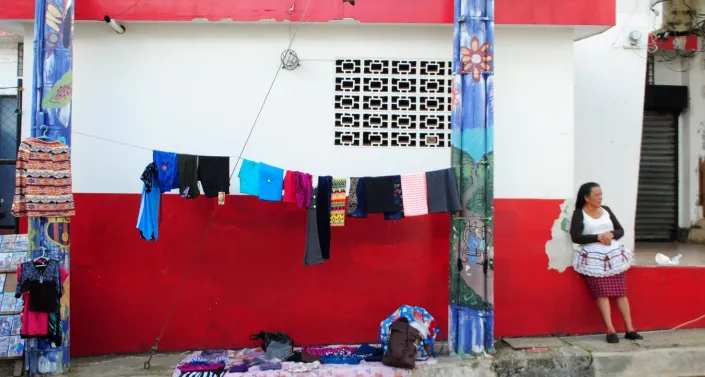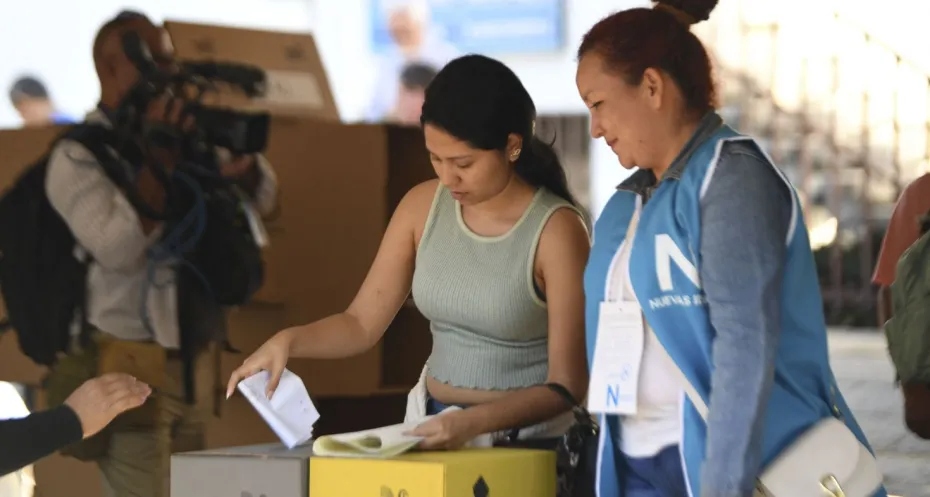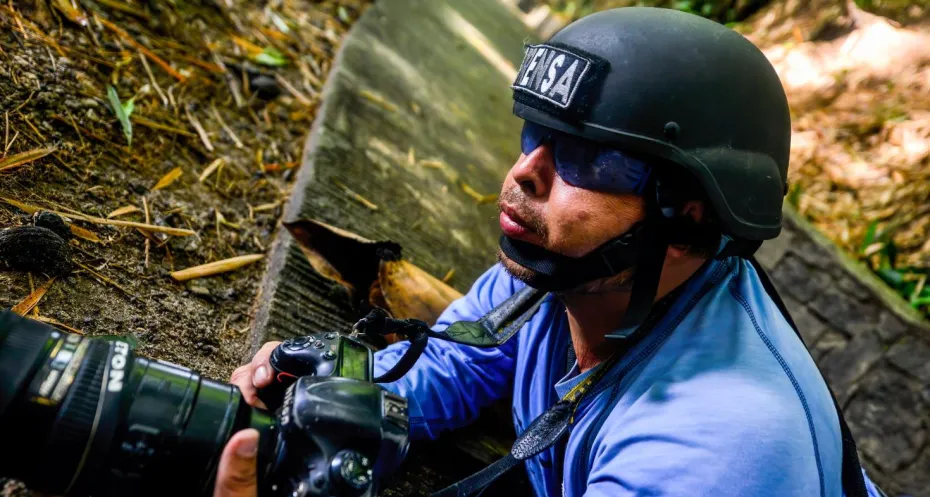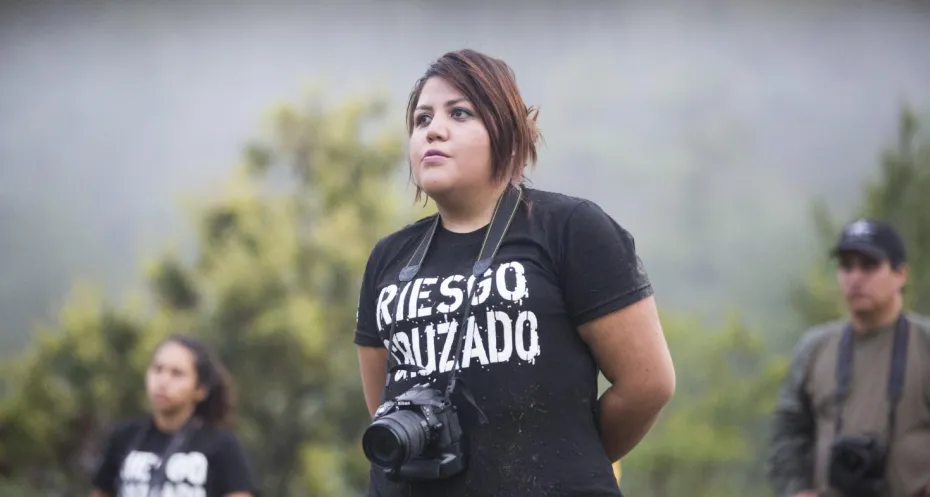
El Salvador
In early 2024, Nayib Bukele has been re-elected as President for the next four years, with a swooping 70-85% of the votes, after having re-structured the electoral district system leading to increased support for his party. Currently, access to public information can easily be curtailed with governmental plans, acts and projects omitted under the pretext of the state of emergency/limited jurisdiction. In the RSF Press Freedom Index, El Salvador ranks 112 out of 180 countries.
El Salvador has a long history of gang violence and government censorship. Even though freedom of expression advanced a great deal after the signing of the Chapultepec Peace Accords on 16 January 1992, the current media climate is one of survival-oriented, self-censorship and ideological surrender rather than one of freedom. This has been especially the case with the current state of emergency.
The country endured chronic political and economic instability characterised by coups, revolts, and a succession of authoritarian rulers. During peak years, there were more than 25,000 gang members active and homicide rates went up as much to 66 per 100,000 citizens. This number decreased quickly when the new government came into power, but this came at a high democratic cost. The pandemic was used to justify radical measures and in March 2022 president Nayib Bukele declared a state of emergency in order to tackle gang violence in El Salvador. Since then, the authorities have detained more than 74,000 people accused of being linked to gangs or terrorist groups. The measure raises concerns regarding human rights violations within prisons, torture, punishments, and lack to medical and legal advise. There have been accounts of detained individuals following neighbourhood squabbles and accusers’ ties to the armed forces.
State of press freedom
Journalists work under difficult conditions and must often apply self-censorship. The investigative journalists report on abuses of power or corruption are quite well-known, making them a constant target of threats. President Bukele is trying to silence their critical voices by attacking journalists online by means of unfounded claims of corruption or money laundering, subjecting media outlets to severe audits, which are discrediting them, are time-consuming and a drain on their resources. The government has an advanced social media apparatus and co-opted several existing media that now echo the voice of the ruling party.
In addition, laws have been adapted to curtail access to public information and press freedom under the current declared limited jurisdiction regime. For instance, in April 2022, legal reforms were approved that allow the ruling party to persecute anyone who talks about the organized crime gangs and their links to the government. In the last years, there have not been any journalists murdered because of their work, but intimidation and hacking goes extremely far, as it is confirmed that in 2021 and the start of 2022 35 people, including journalists and some members of civil society organizations, had their cell phones tapped repeatedly using Pegasus, an Israeli-built sophisticated spyware. Coverage of security issues or gang violence is criminalised, enabling human rights violations in the current regime.
Support for dissenting voices
Although journalists in El Salvador who report on controversial issues are often attacked and intimidated, the number of dissenting voices are on the rise. Reknown media outlets like El Faro have moved their operations to Costa Rica, due to government harrassment. Free Press Unlimited has set up a production fund for journalists in Central America including El Salvador where collaborations between different journalists and media outlets are encouraged and joint investigations into under-reported topics are supported. Currently media partners are carrying out joint productions that will be published on different platforms.
Safety and an enabling environment for journalists
With Riesgo Cruzado, a programme of partner Fundación Latitudes based in El Salvador, Free Press Unlimited supports the safety of journalists and media professionals through holistic safety courses. Journalists from Central America, including El Salvador, learn how to apply different safety mechanisms, are assisted in personal risk assessment and receive psychosocial and legal support. The programme aspires to promote an enabling environment for journalists through advocacy and cooperation with local authorities and duty-bearers. This combination of training and collaboration creates a group of well-trained journalists more resilient to the dangers of reporting and investigating in Central America.



